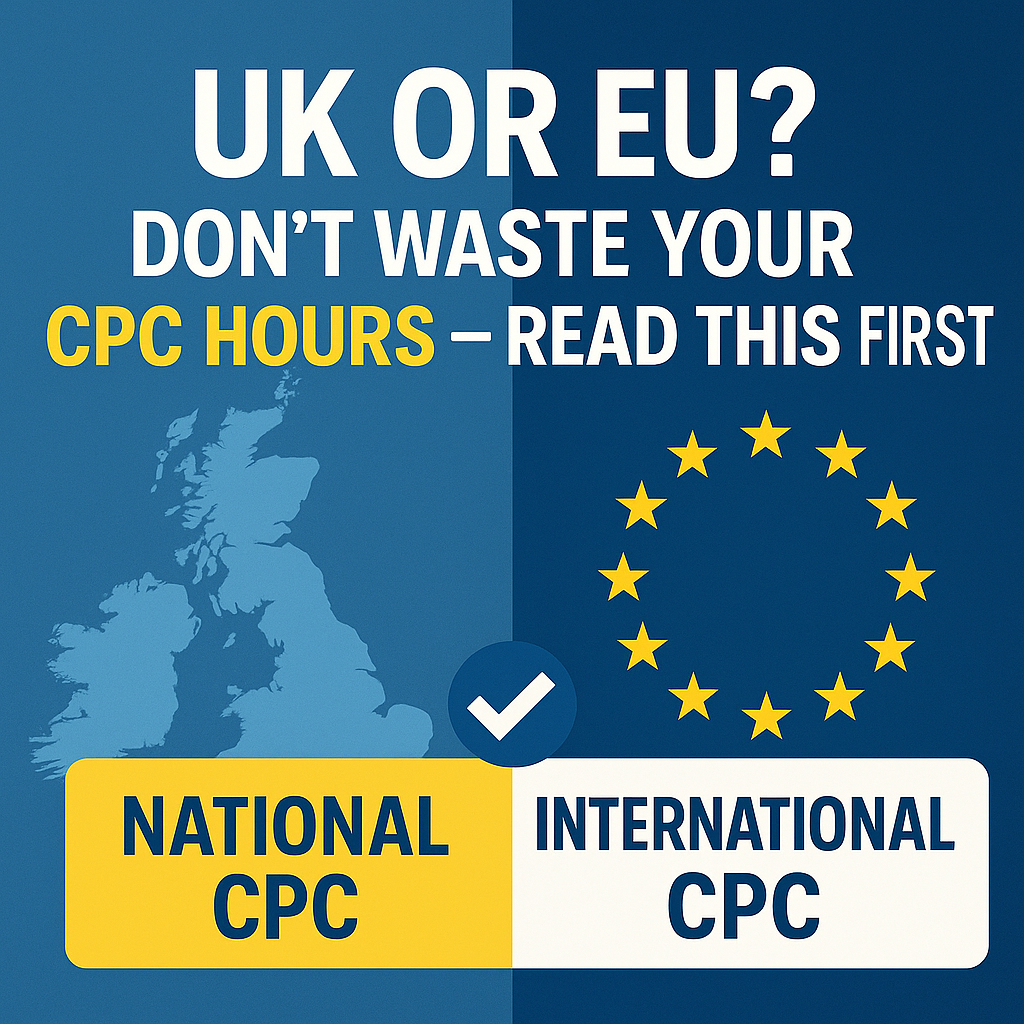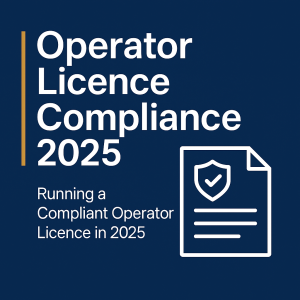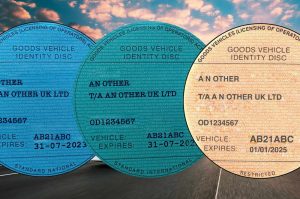
Rule H2 & VRUs: What Every HGV and PCV Driver Must Know About the New Highway Code Responsibilities
Rule H2 and the Hierarchy of Road Users – What Professional HGV & PCV Drivers Must Know Last updated: 11 November 2025 The Highway
Introduction In December 2024, the UK introduced a major shift in Driver CPC (Certificate of Professional Competence) policy, formally splitting the framework into two distinct categories: National CPC and International CPC. Though both require drivers to complete 35 hours of periodic training every five years, the content, recognition, and purpose of each path differ significantly. For drivers, fleet operators, and transport managers, choosing the right CPC pathway is now critical to compliance, efficiency, and long-term career planning.
This blog breaks down the National and International CPC routes in detail, helping you understand what each entails, who they’re designed for, and how to make the best decision for your business or personal goals.
1. What Is National CPC?
National CPC is designed for commercial drivers who operate exclusively within the borders of the United Kingdom. It focuses on domestic laws, standards, and best practices, ensuring that drivers meet the regulatory expectations for national road transport and logistics.
Key Features of National CPC:
Who Should Consider National CPC?
Benefits:
2. What Is International CPC?
International CPC includes everything found in National CPC but adds in comprehensive training on EU legislation, customs procedures, and cross-border compliance. This version is legally required for any professional driver or company involved in international transport.
Key Features of International CPC:
Who Should Consider International CPC?
Benefits:
3. Cost & Time Investment: What to Expect
Both National and International CPC require 35 hours of periodic training every five years, typically broken into 5 x 7-hour modules. However, International CPC modules tend to be more intensive and specialised.
Differences in Investment:
At Transcom, we offer:
4. What Happens If You Choose Incorrectly?
Selecting the wrong CPC path can lead to costly setbacks:
Real-World Scenario:
A Midlands-based haulier trained its drivers under National CPC. After winning an EU export contract, they had to retrain 20 drivers under International CPC at short notice, incurring unnecessary delays and cost.
Pro Tip: If there’s even a slim chance of cross-border work in the future, invest in International CPC now and avoid retraining costs.
Case Study: Transitioning from National to International CPC
A driver completes 28 hours of International CPC modules and finishes the remaining 7 hours with two 3.5-hour National CPC modules, qualifying initially for a National CPC. If the driver’s job later requires international travel, they only need to complete one additional 7-hour International CPC module. The previously completed 28 hours of International CPC training will still count, enabling the driver to quickly meet the 35-hour requirement for International CPC without starting from scratch.
5. Making the Right Choice: Detailed Self-Assessment Checklist
Use the questions below to determine which CPC path aligns with your professional or operational needs:
Route & Business Scope
Employment & Flexibility
Operational Policy
If you answered:
Can I mix National and International CPC modules?
Yes. For example, if you complete 28 hours of International modules and 7 hours using two 3.5-hour National CPC courses, you’ll be issued a National CPC. If you later need an International CPC, completing one more 7-hour International module will upgrade your qualification.
Is National CPC recognised outside the UK?
No. National CPC is only valid for domestic UK operations. For EU or cross-border work, an International CPC is required.
What is the benefit of 3.5-hour modules?
They offer flexibility—allowing drivers to fit CPC training around shift patterns and reduce downtime while still meeting DVSA requirements.
What happens if I don’t complete 35 hours within 5 years?
Your CPC qualification will lapse, and you’ll be legally unable to drive professionally until you complete the required hours.
Can I upgrade from National to International CPC without starting over?
Yes. Hours already completed under International CPC still count. You only need to top up with the appropriate modules to meet the International standard.
Conclusion: Make CPC Work for Your Goals, Not Just Compliance
The new CPC framework allows for greater clarity and specialisation—but only if you choose wisely. Whether you’re a solo driver planning your career, or a transport manager overseeing a team, aligning your CPC qualification with your actual and future operations can save time, money, and hassle.
Still unsure? Transcom’s expert advisors are here to assess your goals, advise on the best route, and deliver high-quality, DVSA-approved training that gets you certified and road-ready.
Get in touch today to schedule a CPC strategy consultation or browse our latest course schedule tailored to both National and International pathways.
Why Choose Transcom National Training?
We offer two clear CPC training options designed to suit every driver and operator:
Both pathways come with expert guidance, flexible booking options, and DVSA-approved content that keeps you on the right side of regulation while fitting into your real-world operations.


Rule H2 and the Hierarchy of Road Users – What Professional HGV & PCV Drivers Must Know Last updated: 11 November 2025 The Highway

End of “Acquired Rights” for Light Goods Vehicle Transport Managers – Enforcement Update (2025) From 20 May 2025, “Acquired Rights” are no longer accepted to

Running a Compliant Operator’s Licence (2025) Operator’s Licence compliance guide for 2025. Practical, up-to-date steps to keep your O-licence compliant: maintenance & brake

Operator Licence – Application Guide How to Apply for an Operator Licence (2025 Step-by-Step) What licence you need, the exact fees for Great Britain and

What the Law, DVSA and HSE Expect from Professional Drivers Understanding the legal, safety and employer responsibilities for professional HGV and PSV drivers in the

When the Traffic Commissioner calls the daily walkaround check “a legal duty and a safety priority”, drivers should take note. Skipping or rushing this simple
|
Uploaded
Failed
|
 |